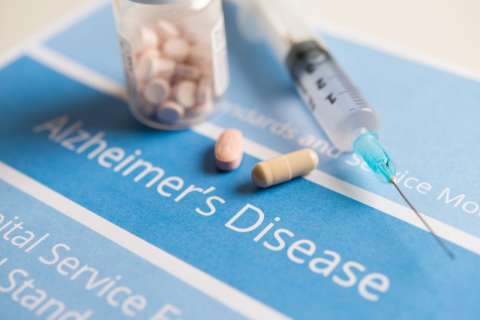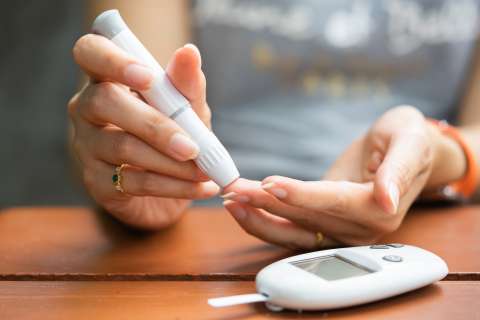Dear Doctors: I am a 51-year-old woman, and I eat a very good diet and exercise six days a week. When I went into menopause, I got hot flashes. Drinking a cup or two of unsweetened soy milk each day helps a lot. Is that safe? I don't have gout, but I've read that soy products can increase uric acid.
Dear Reader: When a full year has elapsed since a woman's last menstrual cycle, she is considered to be in menopause. The hormonal changes that occur at this time of life can give rise to a wide range of symptoms. Perhaps the best known, which affects up to 80% of women, are hot flashes. These are sudden and sometimes extreme sensations of warmth in the upper torso, often concentrated in the face, neck and chest. Hot flashes range from brief and mild to prolonged and intense. They can occur at any time of day or night. A hot flash can cause the skin to become visibly flushed and may leave the individual dripping in sweat. These episodes are not only uncomfortable and sometimes embarrassing, but they can also interfere with quality of life.
Taking steps to stabilize levels of estrogen and progesterone can help ease some menopausal symptoms, including hot flashes. One method is hormone replacement therapy, or HRT. This is a medical treatment that provides either estrogen alone, or a combination of estrogen and progesterone.
Some women, like yourself, opt for alternative approaches. This includes adding foods that are high in isoflavones to the diet. Isoflavones are chemical compounds with estrogenlike properties. Soy and soy-based products are among the foods richest in isoflavones. When our patients choose this route, we advise them to consume whole food products rather than supplements. These include tofu, edamame, miso and soy milk. Flax seed and flax seed oil, which have similar properties, have also been shown to have a beneficial effect on the frequency and intensity of hot flashes.
This brings us to your concerns about gout. This is a painful form of arthritis marked by inflammation in the joints. Gout is caused by high blood levels of uric acid, a waste product formed as the body breaks down purines, which are chemical compounds found in varying concentrations in a range of foods. Soy and its products contain moderate levels of purines, which may be the source of some warnings against eating soy when one has gout. However, a number of studies have concluded that soy consumption does not have a significant effect on serum uric acid. This body of research includes an analysis that looked at 17 such studies and did not find a connection between soy products and gout.
If you are concerned about your consumption of soy milk, talking to your health care provider may ease your mind. A simple blood test to measure blood levels of uric acid can let you know if your diet has placed you at risk. The initial test will also give a baseline result against which future tests can be measured.
(Send your questions to [email protected], or write: Ask the Doctors, c/o UCLA Health Sciences Media Relations, 10960 Wilshire Blvd., Suite 1955, Los Angeles, CA, 90024. Owing to the volume of mail, personal replies cannot be provided.)





